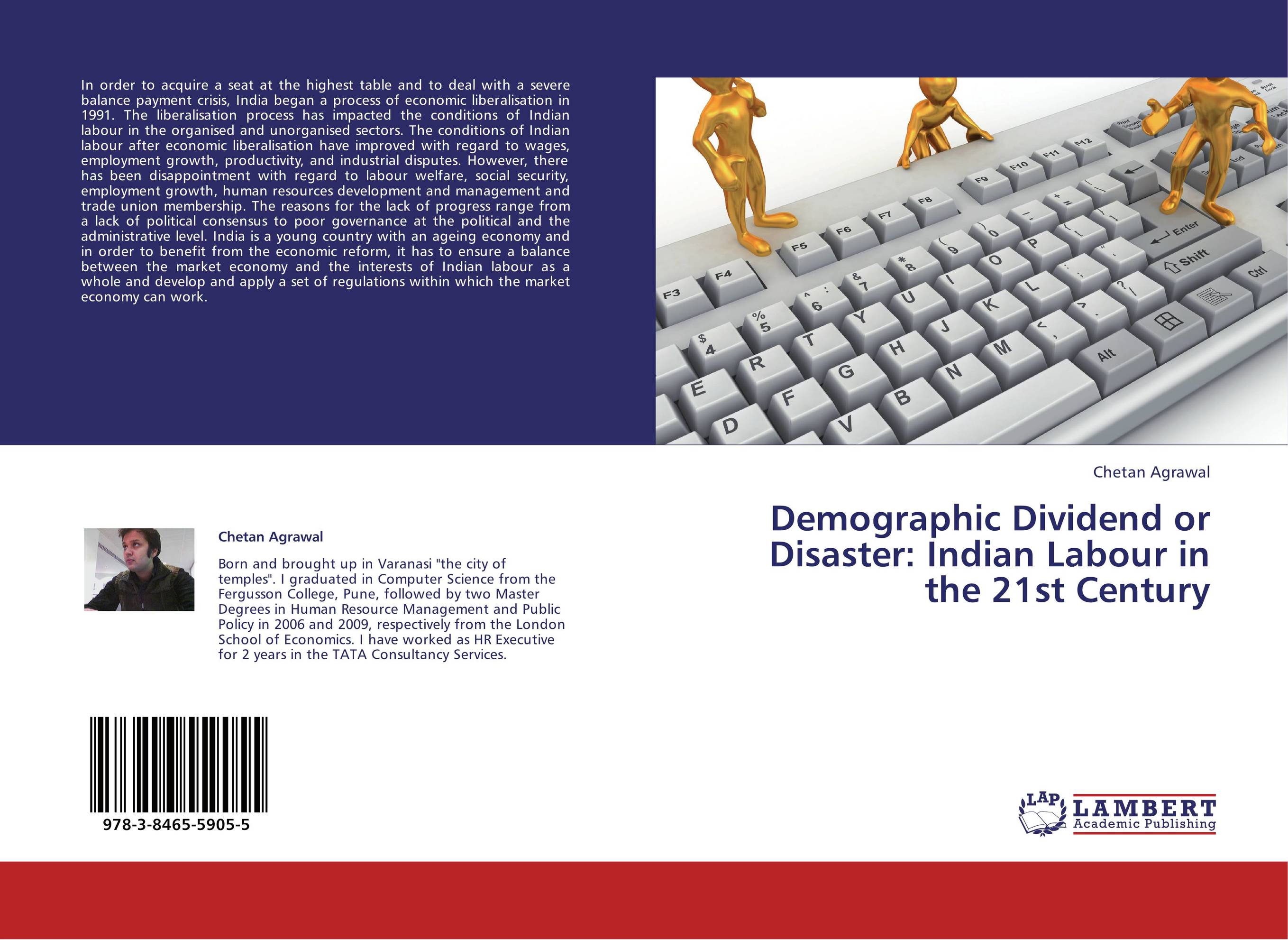| Поиск по каталогу |
|
(строгое соответствие)
|
- Профессиональная
- Научно-популярная
- Художественная
- Публицистика
- Детская
- Искусство
- Хобби, семья, дом
- Спорт
- Путеводители
- Блокноты, тетради, открытки
Demographic Dividend or Disaster: Indian Labour in the 21st Century.

В наличии
| Местонахождение: Алматы | Состояние экземпляра: новый |

Бумажная
версия
версия
Автор: Chetan Agrawal
ISBN: 9783846559055
Год издания: 2013
Формат книги: 60×90/16 (145×215 мм)
Количество страниц: 92
Издательство: LAP LAMBERT Academic Publishing
Цена: 30926 тг
Положить в корзину
Позиции в рубрикаторе
Отрасли знаний:Код товара: 117039
| Способы доставки в город Алматы * комплектация (срок до отгрузки) не более 2 рабочих дней |
| Самовывоз из города Алматы (пункты самовывоза партнёра CDEK) |
| Курьерская доставка CDEK из города Москва |
| Доставка Почтой России из города Москва |
Аннотация: In order to acquire a seat at the highest table and to deal with a severe balance payment crisis, India began a process of economic liberalisation in 1991. The liberalisation process has impacted the conditions of Indian labour in the organised and unorganised sectors. The conditions of Indian labour after economic liberalisation have improved with regard to wages, employment growth, productivity, and industrial disputes. However, there has been disappointment with regard to labour welfare, social security, employment growth, human resources development and management and trade union membership. The reasons for the lack of progress range from a lack of political consensus to poor governance at the political and the administrative level. India is a young country with an ageing economy and in order to benefit from the economic reform, it has to ensure a balance between the market economy and the interests of Indian labour as a whole and develop and apply a set of regulations within which the market economy can work.
Ключевые слова: welfare, India, Social Security, Trade Union, Labour law, wages, INDIAN LABOUR, ECONOMIC LIBERALISATION



